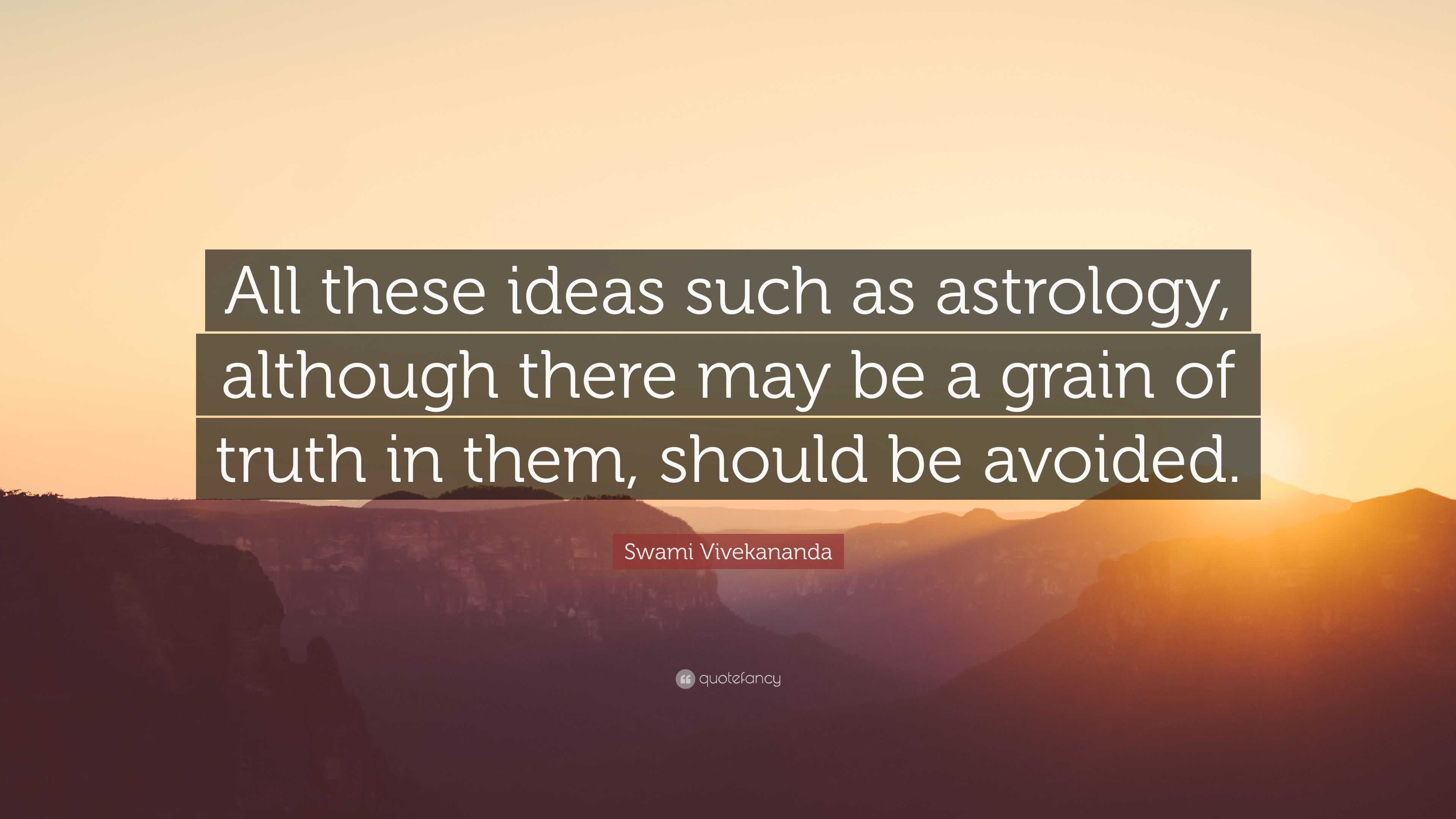
Her narrative and prose feel discursive and authorial, much like those of Dickens, Thackeray, or their contemporaries, though her writing style falls closer to our own sensibilities. If this description reminds you of a nineteenth-century novel (told from a more modern perspective), I believe that’s Gilbert’s plan. But at least she struggles to understand desire, which, over time, she realizes may often be sexual. Not that Alma herself is psychologically supple or anything but tightly contained. Even when the household adopts Prudence, a girl her own age, Alma finds no company, for her half-sister is about as emotive and flexible as a porcelain plate. But Hanneke’s cut from much the same cloth, so Alma gets no sympathy from anyone. When this regime gets too much for Alma, she seeks comfort in Hanneke, Beatrix’s longtime servant, who keeps White Acres humming. Moss growing in the Allegheny National Forest, near Tionesta, Pennsylvania (Courtesy Ivo Shandor, via Wikimedia Commons, public domain) One: Listen while I tell you about your mistakes, which you will never repeat and two: Kill inconvenient emotions before they multiply. In fact, her Dutch mother, Beatrix, seems to have two messages for Alma. Nor may she venture out to learn everything and everyone are brought to White Acres, and she’s expected to react as her parents wish. What she’s not taught is how to deal with people except from an intellectual perspective, what the purpose of emotions or desire might be, or what’s that thing called love.

Speaking five languages by a ridiculously young age, she’s brought up to help entertain the stream of dinner guests with intelligent, provocative questions, and to develop a rigorously inquiring mind. His daughter, Alma, born in 1800, is herself a hothouse flower. Men from all over the world flock to his estate, White Acres, to share species or scientific information, or offer investment opportunities.

Henry Whittaker lives an eighteenth-century rags-to-riches story, rising from a gardener’s assistant at London’s Kew Botanical Gardens to become the wealthiest man in Philadelphia, trading in quinine and other tropical or unusual plants.

Review: The Signature of All Things, by Elizabeth Gilbert


 0 kommentar(er)
0 kommentar(er)
